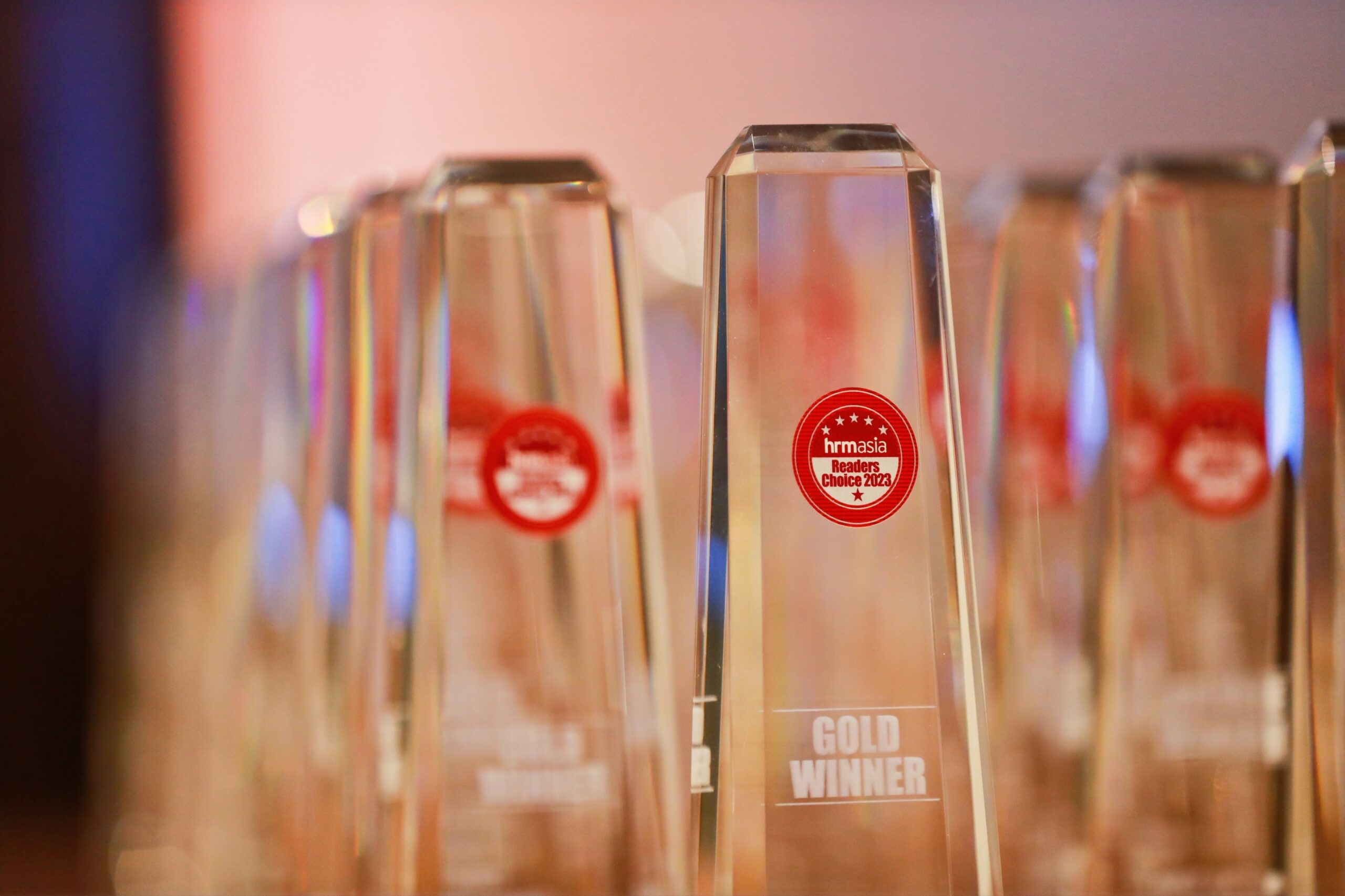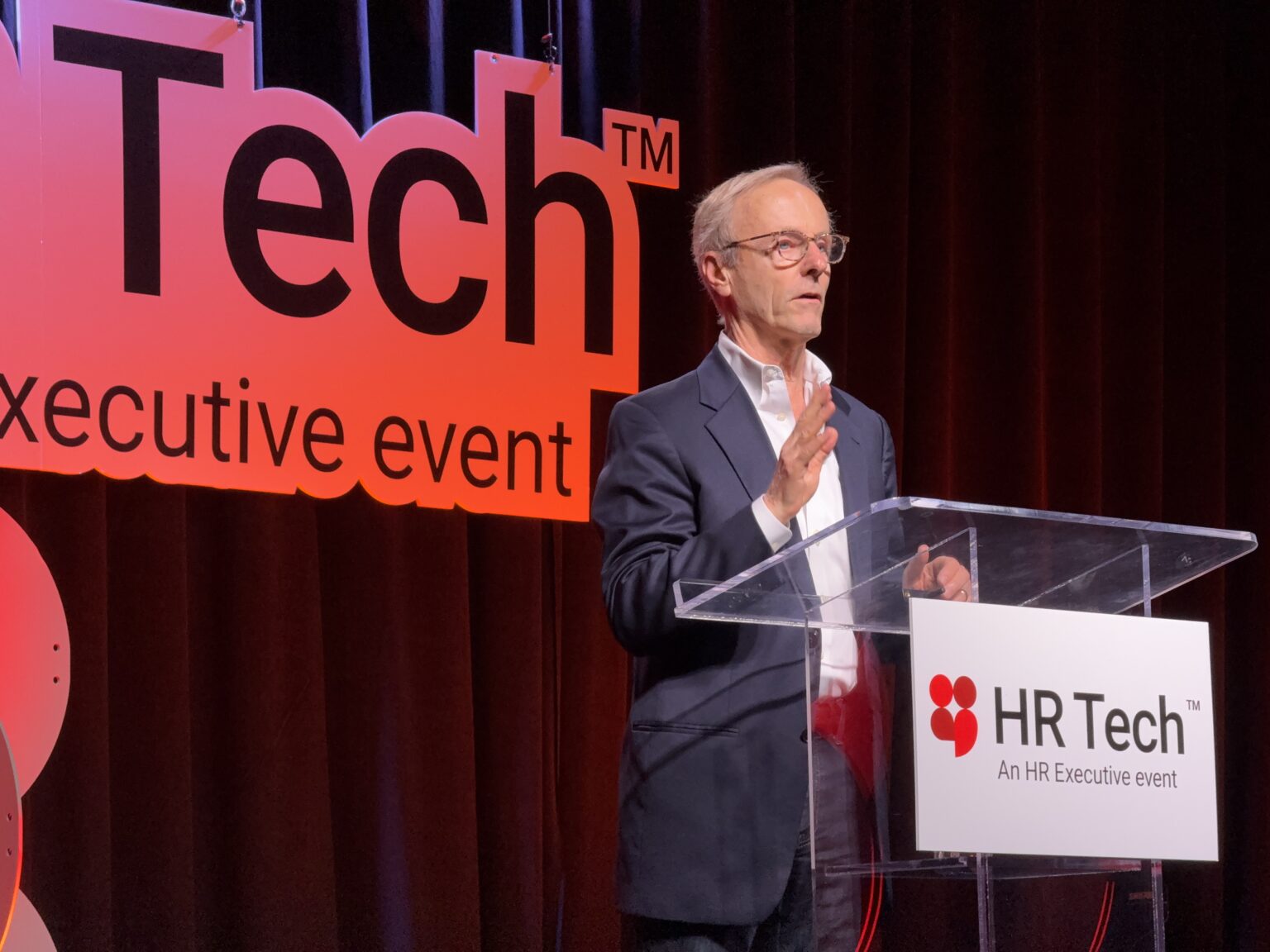Talent Experience is the strategic priority in a world of remote work
- HRM Asia Newsroom

People management has evolved over the decades, no more so than in the past couple of months as the COVID-19 pandemic ushered in a new era of remote working.
Employees suddenly find themselves moving their workplaces from physical offices into their homes. They have had to adapt at extremely short notice. Employers are also being forced to fundamentally re-evaluate their business models and ways of working. They are having to figure out how to manage their teams at a distance, adopt new technologies and processes which affect productivity, engagement, personal development and well-being.
Now that the lines between work and personal lives are blurring, so are the traditional hierarchical management structures in organisations. With everyone who can work, working from home (or in environments that are socially distanced) new complexities arise in managing permanent, part-time staff, contractors, service companies, resellers and even co-creator customers. More and more organizations are realizing that there is no going back. Management and enablement will never be the same again.
To survive and thrive in the new world of work, organisations will need to quickly adopt agile processes, workflows, and people. This will require a deeper understanding of what motivates people at work.
Underlying motivators drive success
It is now nearly a decade since Daniel Pink wrote “Drive” – an influential book that highlighted the gap between what science knows and what business does about motivating people and driving performance in the workplace. The traditional, external, carrot-and-stick motivators do not work and often do harm. Pink neatly summarized three essential elements that drive motivation:
- Mastery – The urge to develop our skills, knowledge and experience (to be the best we can be).
- Autonomy – Our desire to be self-directed and empowered to make decisions (in alignment with the company mission).
- Purpose – To know what we do is important and in service to something larger than ourselves (it is not about the money)
These motivators – Mastery, Autonomy, Purpose – are the three legs of a stool on which a “perfectly motivated” worker sits. If just one leg is missing then the organisation is not in balance – performance, productivity and retention are all compromised.
People enablement demands an integrated approach
In this new world of remote working, how we manage and support our people is a strategic priority. It demands a rethink of how HR and learning and development functions operate.
See you can recognize these all too common scenarios that are prevalent across many if not most enterprises today:
- An isolated learning management system provides a catalog of courses, which are not aligned to job roles, actual skills and competences required to perform well, and are not properly contextualized to the individual or even the organisation.
- A performance management system that operates an infrequent appraisal and review of competence and performance levels that do not present the individual with any opportunity to demonstrate fresh thinking and new ideas that might improve work practices – stick to the tram-lines only please.
- Internal communication across the organisation is trapped in silos (sometimes between separate systems or more frequently in terms of configuration) with no culture of sharing across teams, or encouragement of individuals to come forward with new ideas for fear of being “shot down”. There is no coherent understanding of what the organisation aims to achieve that individuals can relate to their own role
Going forward, the new remote working environment exposes the dysfunctional nature of these practices. It must change, and quickly.
Achieving tight integration between learning, performance and engagement has always been beneficial, but now it is essential. Bringing these three elements together offers a talent experience that transcends technical and cultural barriers. It is now a fundamental characteristic of a responsive and modern organisation fit for the new world in which we now live.
The integrated talent experience platform
To achieve this new operating model demands enterprise technology platforms that offer greater flexibility, integration and interoperability. They must plug directly into existing workflow systems and be able to respond to constantly changing business priorities.
One innovative HR and learning technology company that is leading the way is Totara Learning. It is the only fully flexible platform designed to support the learning, performance and engagement needs of the modern workforce. The Totara platform enables training, development, compliance assessments and performance appraisals to be conducted anytime. It empowers the workforce to create, curate and collaborate, as well providing channels to nurture engagement and motivation across the organization.
As an open source technology, Totara is fully customizable, extendable enabling you to perfectly match your business needs as they evolve. You, not the vendor, are in control of how and when you adapt to meet your company goals.
To survive and thrive in the new world of remote work, take a close look at your current learning, performance management and engagement tools to check they are designed to make, not break, your business.






